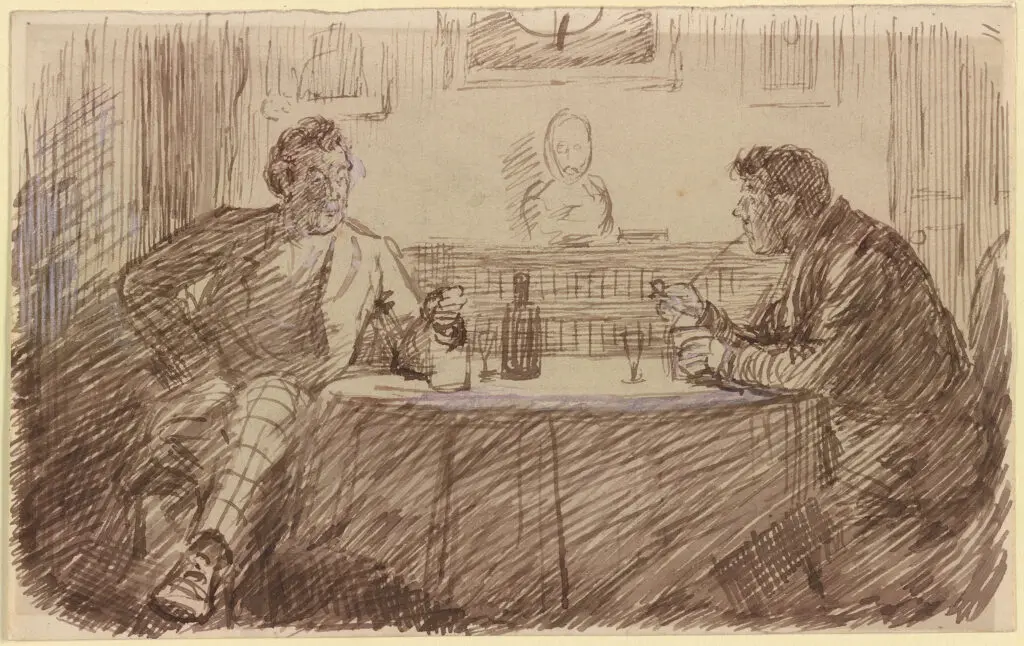
“I would never leave France, but I understand why people feel this way. Nobody wants to be robbed. Nobody wants to be raped.”
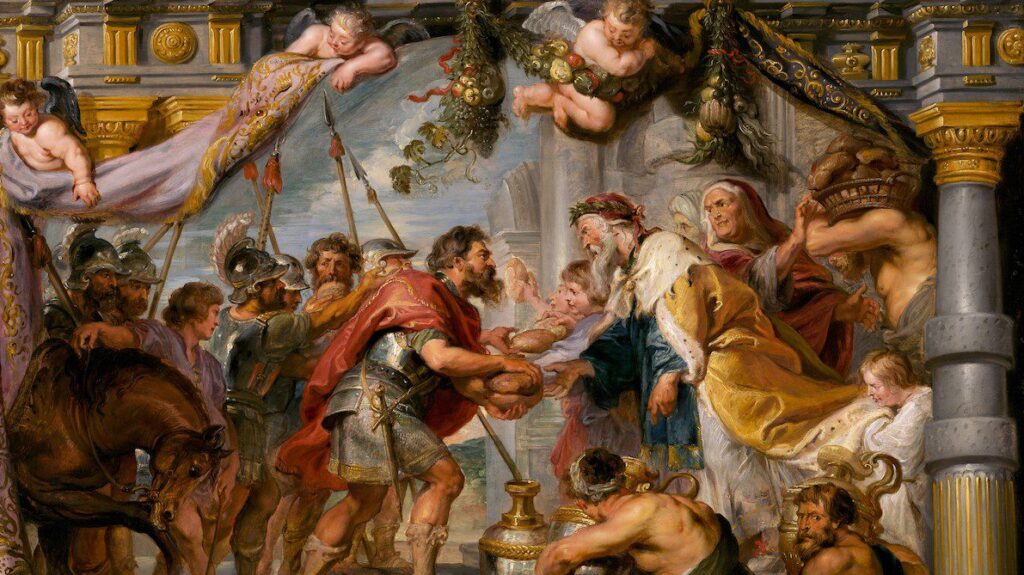
Today’s prototypical Westerner is unlikely to think of nationality when he thinks of Judaism. In many cases, one even encounters the denial of Judaism’s national character.
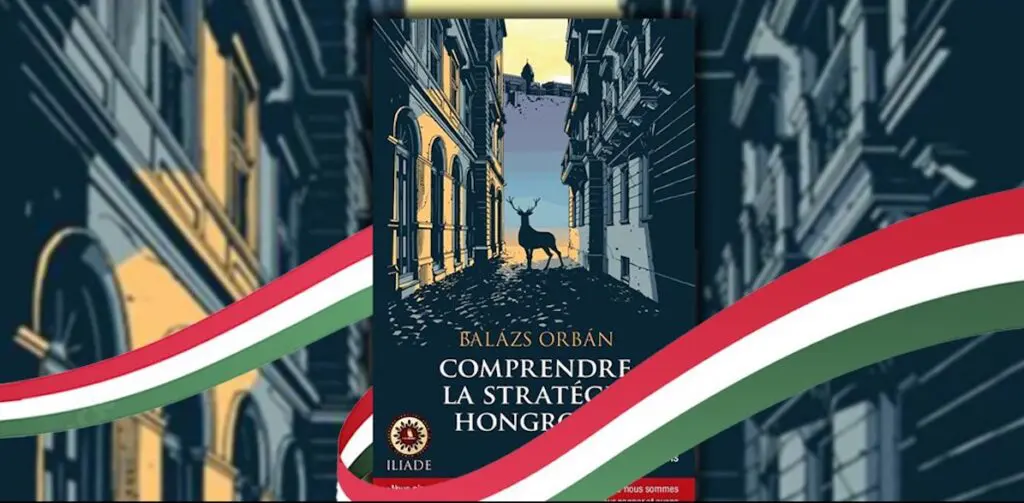
Balázs Orbán’s The Hungarian Way of Strategy is now published in French. What can it offer the French reader?
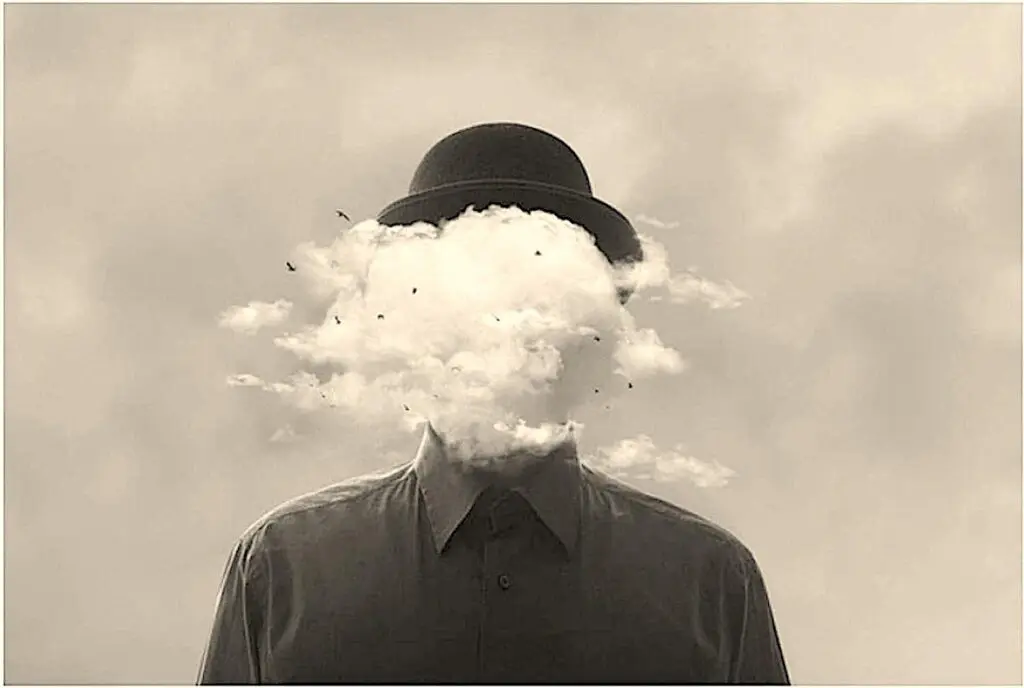
For those in denial, an immigrant is just a generic human unit who brings no cultural baggage with him.

By highlighting how the size, type, and style of constructions can all fit, Krier shows us the way (post)modern architecture and urbanism are based on the perverse thrill of mismatch and contradiction.

If someone in the audience kept talking after Corelli had already started playing, he would immediately lower his violin until the room had become completely silent. If the talking continued, he would refuse to play at all.
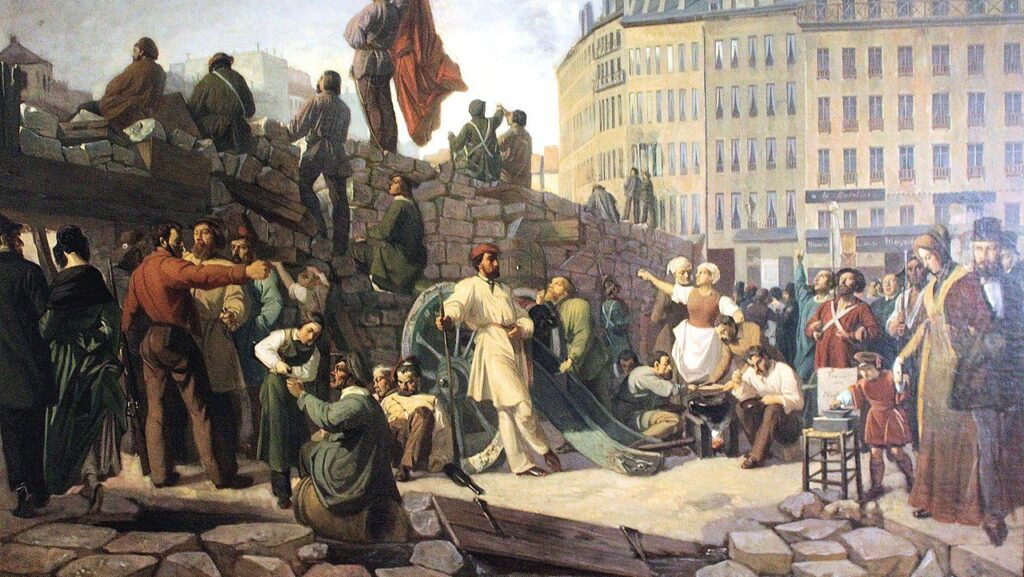
Rather than being opposed to the establishment, these activist foot soldiers provide the street muscle, fierce passion, and raised voices that bureaucrats dare not show.

In contrast to ESG-promoting stakeholder capitalism, coherent conservatism is simply the politics that emerges when control is not the priority; it is the politics that does not seek to break down community in order to use its parts.

Somehow, some way, stewardship of the forest and the rest of the natural environment must be snatched from the ranks of the stupid and insane.
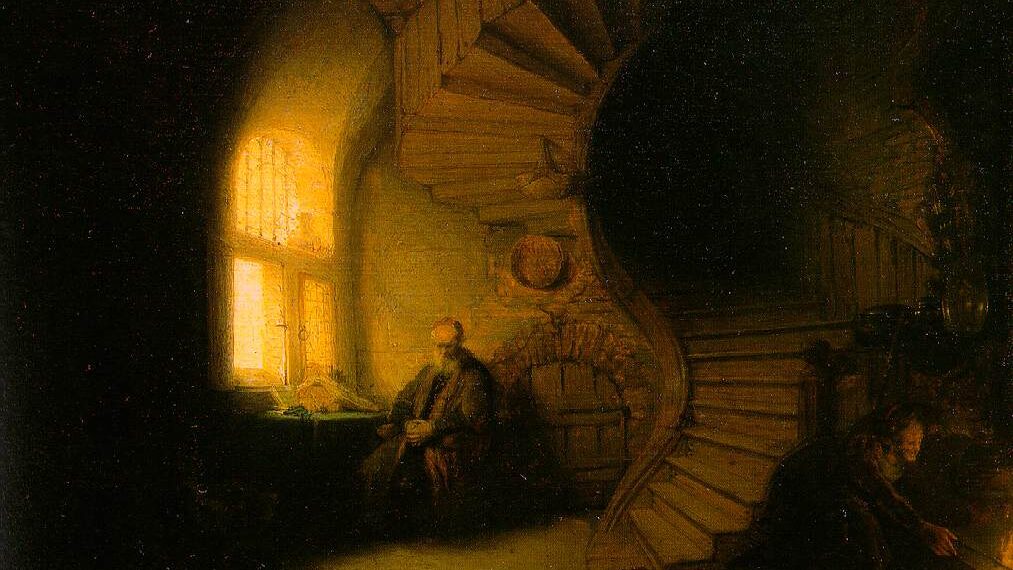
In undermining our very human nature, and neglecting our unique ability to seek and come into union with truth, AI will leave us not only uninspired but undignified.
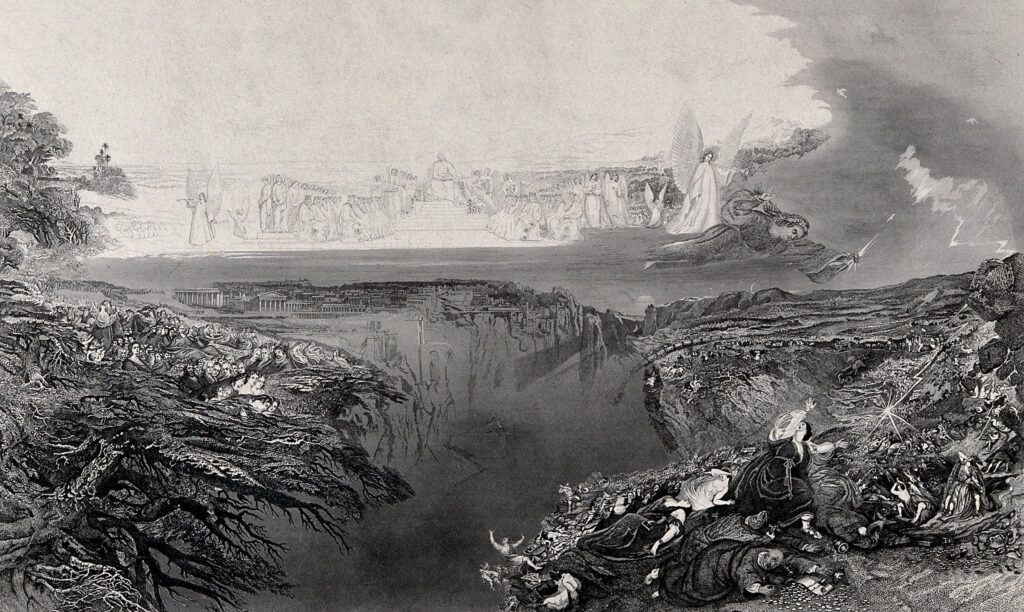
Digital culture tells you that your will is, or should be, unencumbered by history, materiality, or any unchosen obligation.

Race-baiting activists claim that the story of Britain is nothing but a litany of racist horrors, yet they also argue that black people have been the leading characters of this story from the very beginning. Which is it?
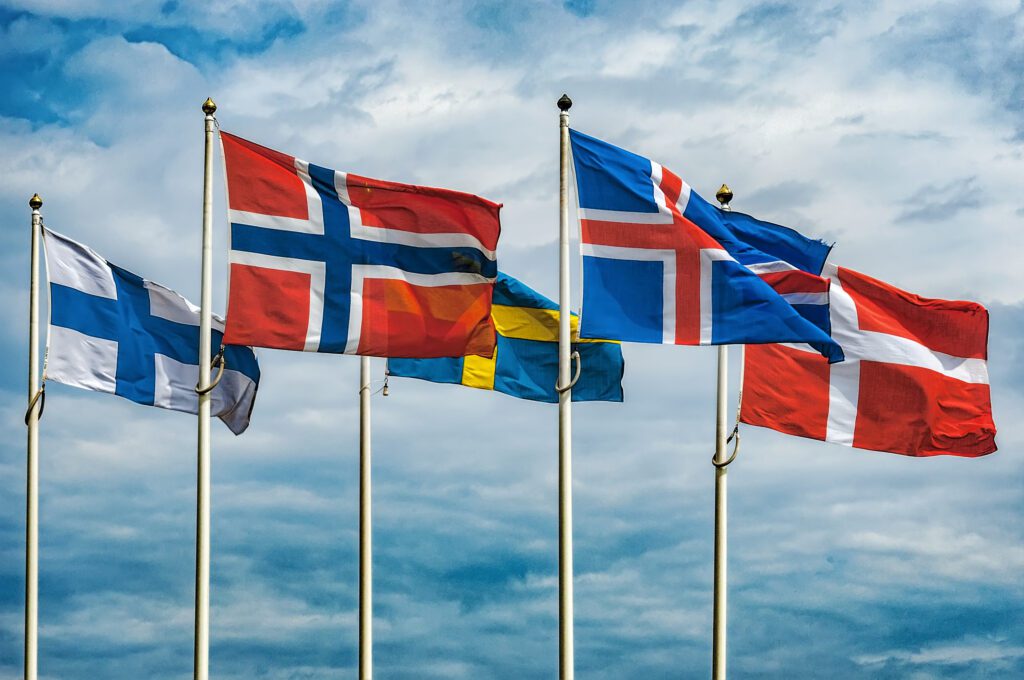
The extraordinary story of Nordic conservatism is traced back to the Viking age.

In the short term, AI could hit the consultant sector hardest—conservatives should be thinking about how a post-intermediary economy relates to their principles.
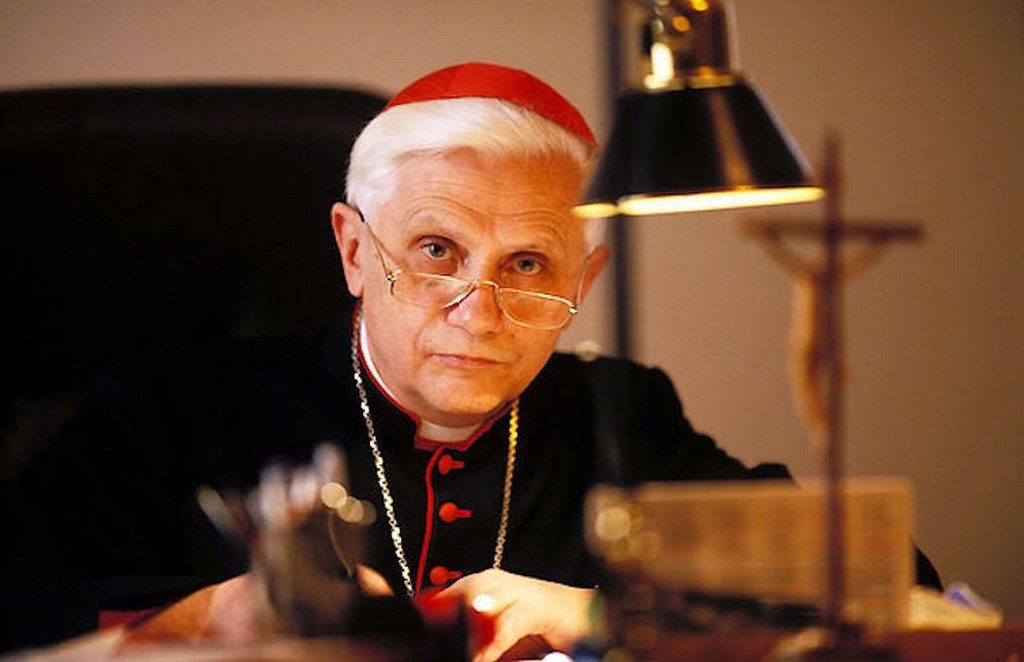
In Augustine, Ratzinger found a thinker who believed that the dimensions of faith and reason “should not be separated or placed in opposition; rather, they must always go hand in hand.”

An optimistic model for integrating AI in ways that do not subordinate local needs and cultures, but instead empowers them, could constitute a major plank of future political platforms.

A Catholic life can only remain hidden for so long; every Catholic will face a moment when their faith will demand public action, whatever the cost.
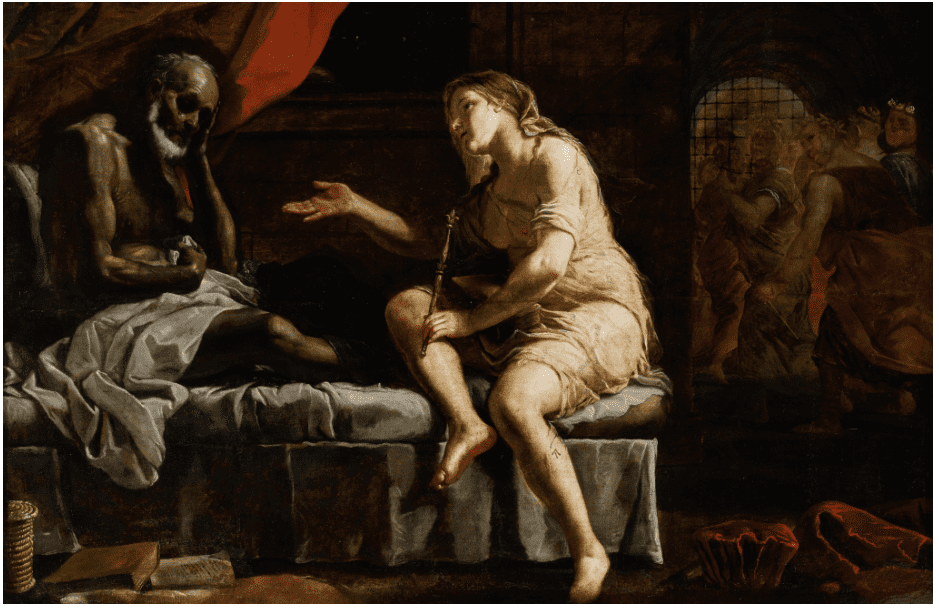
The assumption at the heart of philosophy is that the world is in some mysterious way a divine communication.
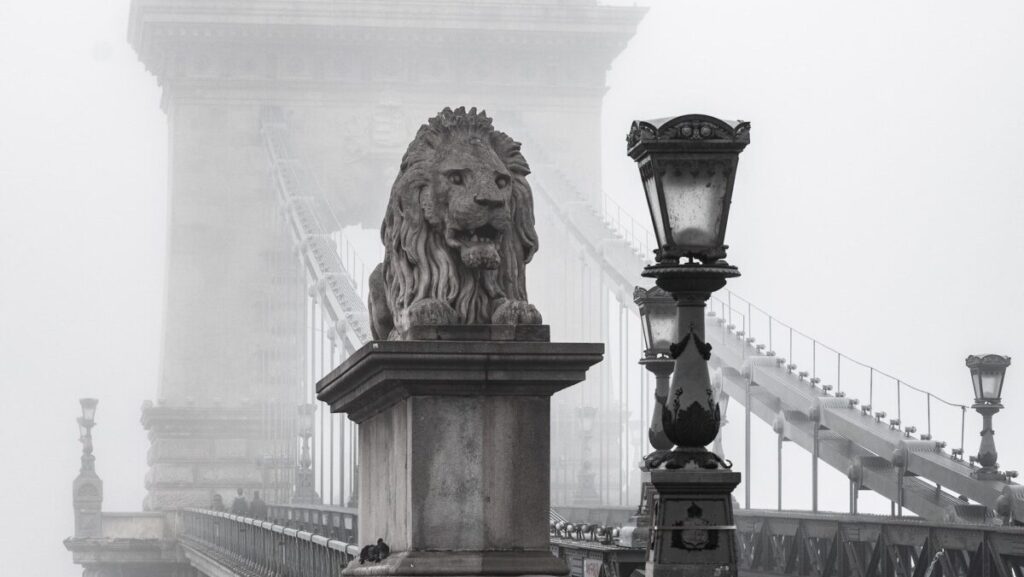
So, what happens when the ‘liberal’ undermines the ‘democracy’?
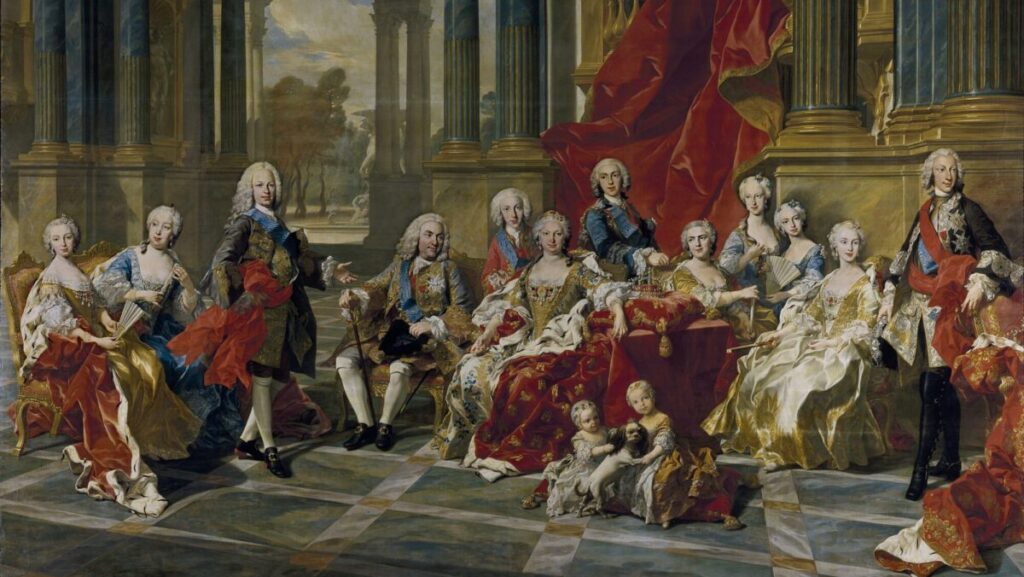
Domenico’s last work is a bittersweet farewell to earthly life and perhaps a reconciliation with his demanding father, Alessandro, who would surely have smiled approvingly.

Christianity envisions an order of distinct nations and peoples without fetishizing race as a point of dogmatic principle.

“Suddenly there was a third climber next to me … just out of my field of vision. I could not see the figure … but I was certain there was someone there. I needed no proof,” Reinhold Messner recalled his encounter.

Despite talk of the pandemic being ‘unprecedented,’ at least one dimension of the lockdowns did have precedent.

If we do not wish for our reality to become a boundless, shapeshifting simulacrum, we may just need to rebuild the entire modern worldview from the ground up.
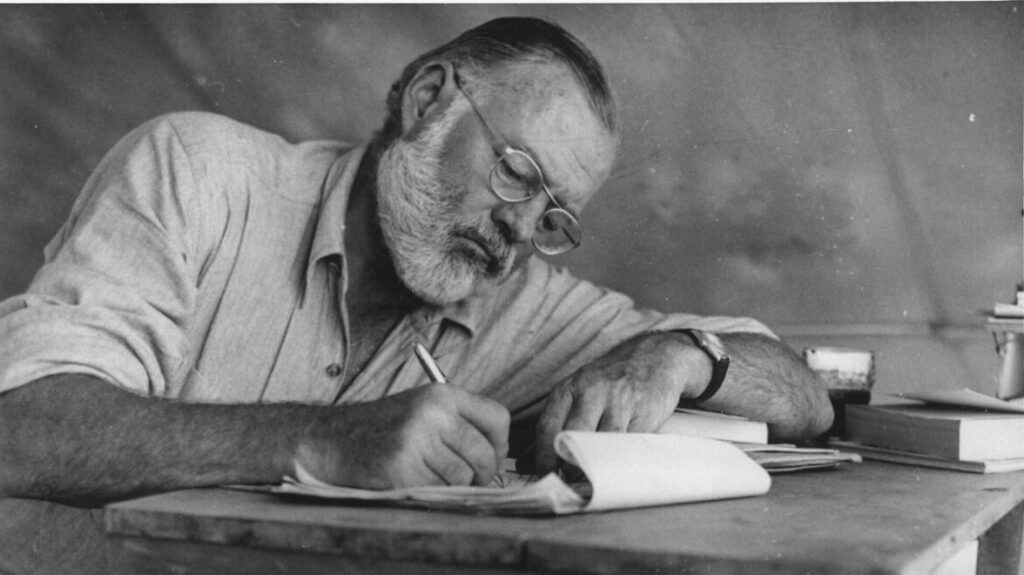
In Hills Like White Elephants Hemingway immortalized a conversation not just of that time, but of all times: a man trying to persuade a woman who is already a mother that she is not yet a mother.
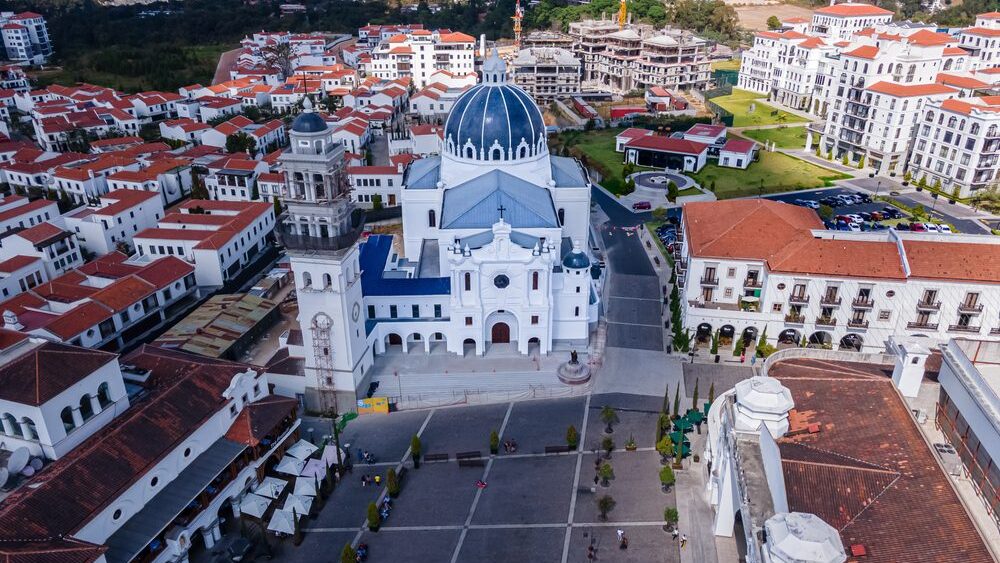
Cayalá should encourage both our traditionalist and voluntarist instincts. Its prosperity is a testament to traditional design principles, while the speed with which it was built shows us what is possible.
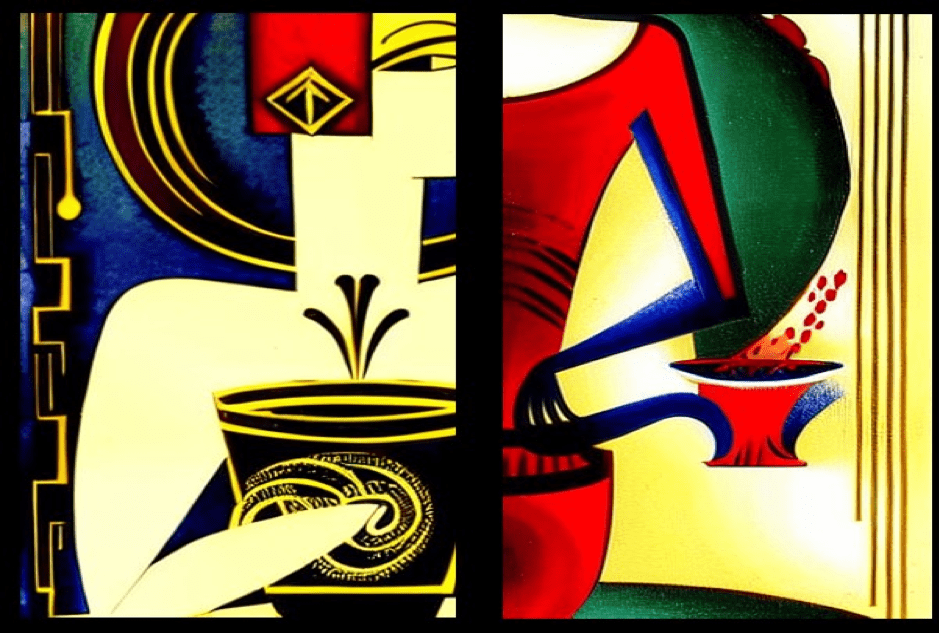
Percival’s sister’s bleeding out is instructive. It stands for the scattering of energies released from their proper, ordered course within the organism, in order that another may feed on them.

Uncertainty faces us more regularly than certainty. What are we to make of this?

As in most of the great classics, the essential nature of gratitude in difficult circumstances is constantly emphasized.
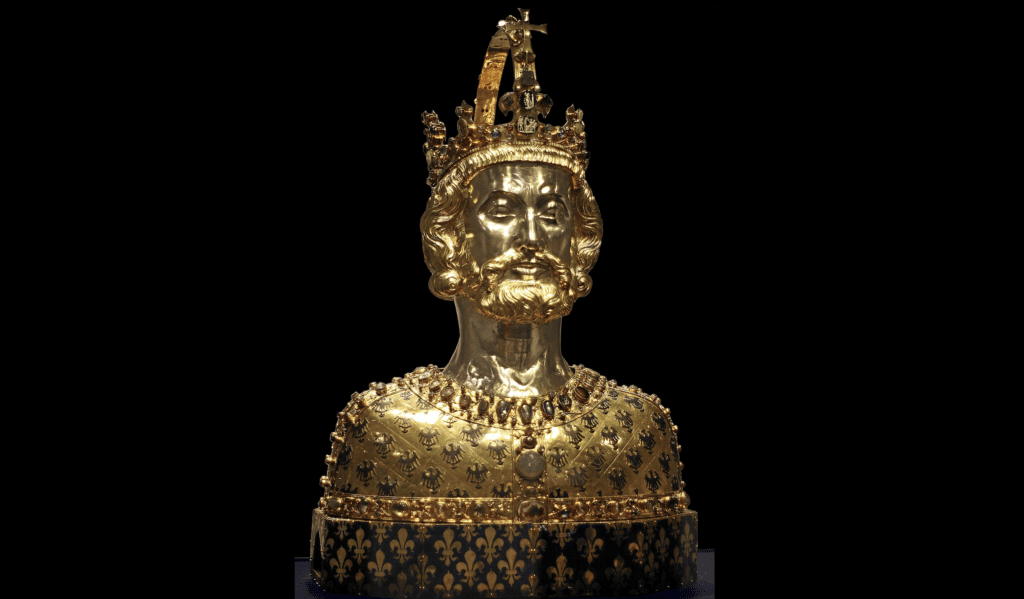
The fact that demonstrating pride in one’s country is considered ‘fascist’ speaks to the utter insanity of the current ethos.